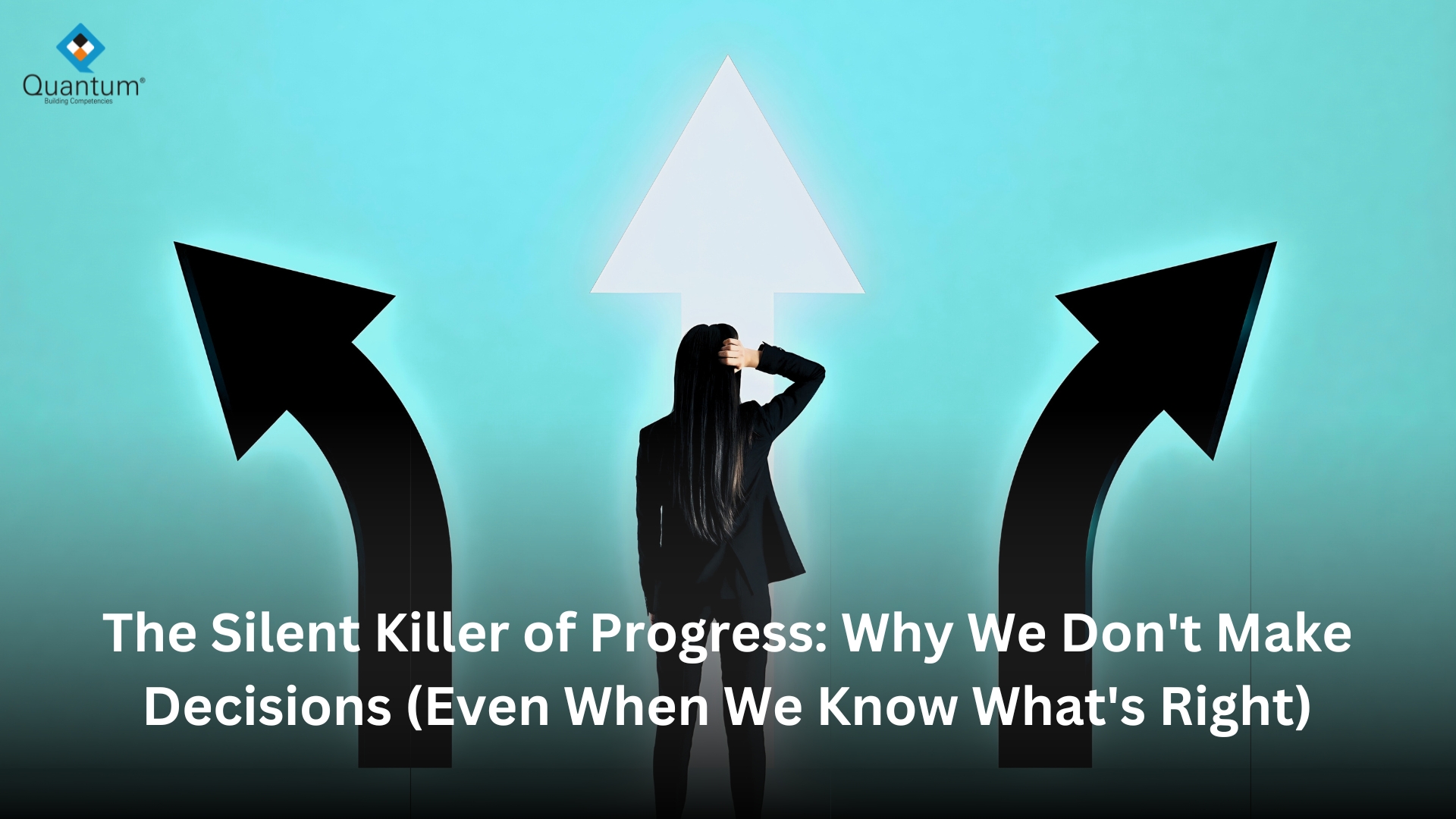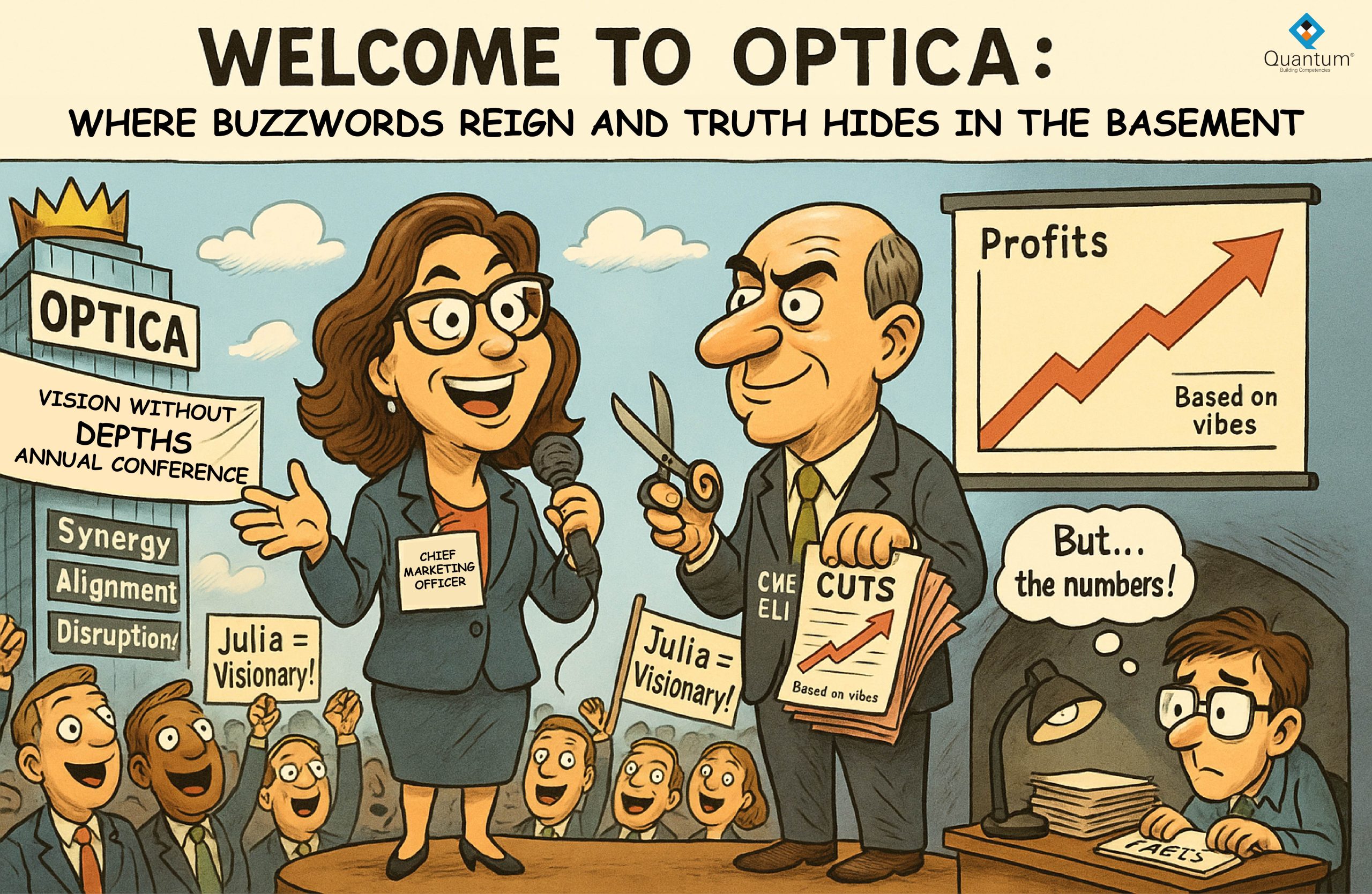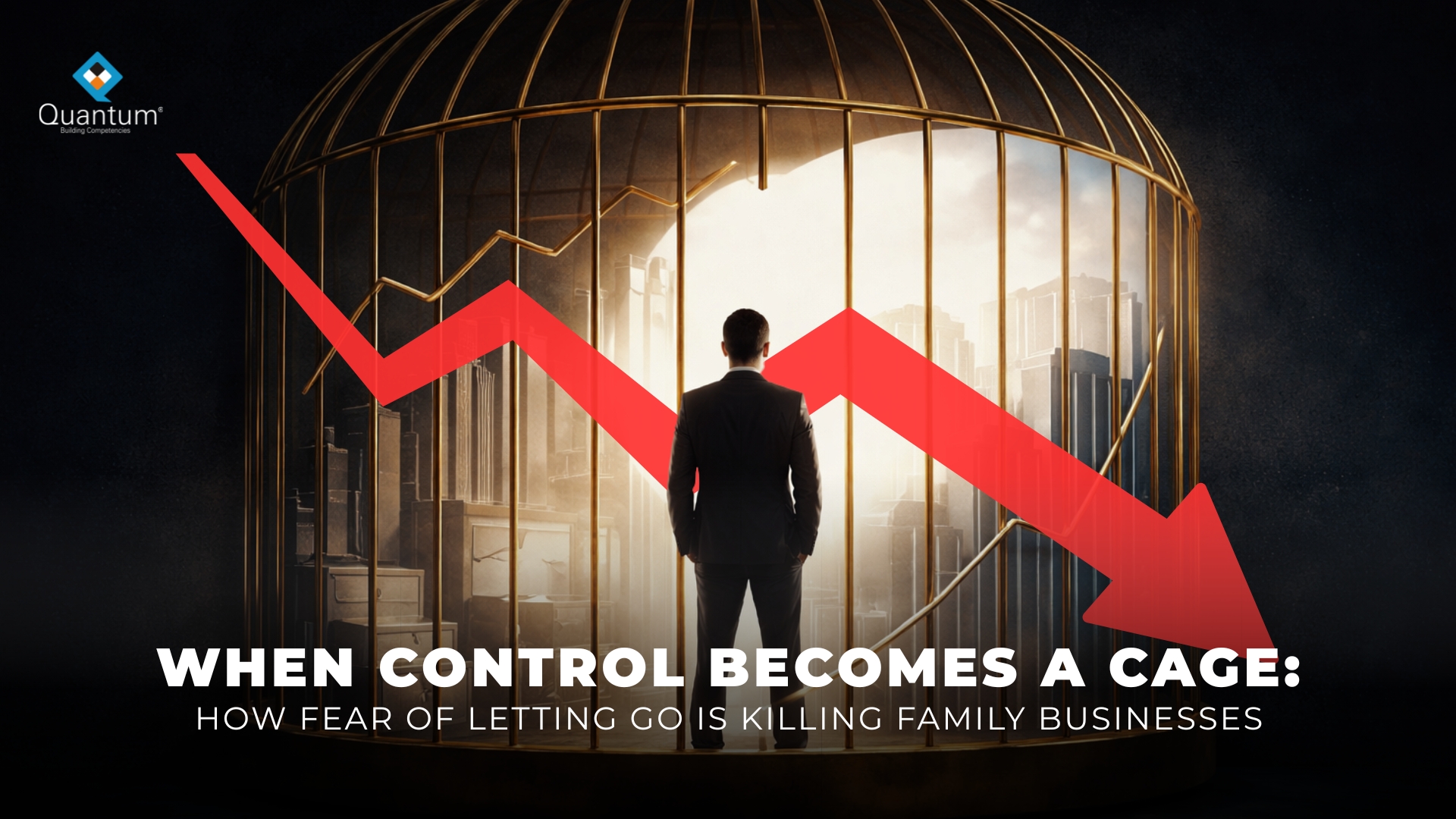
The Silent Killer of Progress: Why We Don’t Make Decisions (Even When We Know What’s Right)
The Monday Morning Meeting, Scene 1 CEO: “So, are we going to go ahead with the launch of the new

In the vast halls of the great corporate empire called Optica, there was a time when truth was not something to be found, but rather something to be built. “Perception is reality, and reality is irrelevant.” That was the golden rule in Optica.
The corporate elites, known as “Narrators,” were master storytellers in this universe. Glorious press releases, social media campaigns, and keynote speeches spread these tales—carefully crafted accounts of innovation, values, and ground breaking leadership—to the masses. That obstinate artefact of antiquity known as truth now stands as an unwelcome roadblock to development.
Step into the Realm of Optics
Aria is a middle manager who rose through the ranks at Optica by strictly following the unwritten rules:
1. Always believe what the story says.
2. Pay homage to the well-liked.
Show that you know what you’re talking about, even if you don’t.
The reason Aria became famous wasn’t due to her intelligence or abilities, but to her knack for flawlessly using corporate jargon such as “synergy” and “disruption” in every interaction. Aria was the first to enthusiastically nod in agreement when the CEO declared, “Our mission is to innovate for the future by aligning resources dynamically,” despite her lack of understanding of the meaning behind the statement.
The Religion of Mass Attitude
Opinions in Optica were shaped not by facts but by the lustre of LinkedIn posts and PowerPoint presentations. One example is:
One possible rebranding for a failed project is “a daring experiment in iterative failure.”
An executive whose TED Talk included a touching story about his childhood dog and a few well-placed tears earned him the title of “visionary change agent” despite his reputation for toxic work culture and layoffs.
Staff members devoured it, not because it was logical, but because it was the prevailing opinion. In the end, it was career suicide to challenge the narrative.
A Conference on Great Shallowness
Optica once hosted its annual Visions Without Depth conference. The top executives showcased their accomplishments here. The chief operating officer, Eli, had reduced expenses by forty percent. The audience applauded wildly. The cost-cutting had been achieved by replacing skilled workers with underpaid interns and outsourcing core functions to a dubious vendor. This fact was unknown to them, and they had no interest in discovering it.
Aside from that, there was Julia, the chief marketing officer, who had increased the business’s social media activity by 200%. Roaring ovation ensued. The question of whether that interaction had resulted in monetary gain was left unanswered. Even though the facts were disorganised, the presentation slides were eye-catching.
Don’t Miss the Facts!
As a data analyst named Jonah, who has a bad habit of checking facts, was quietly working on calculations in the basement of the corporate tower, this was happening. He learnt that project delays, skyrocketing costs, and a precipitous decline in customer satisfaction had resulted from Eli’s attempts to save costs. He attempted to forewarn Aria, his boss, Jonah.
“The numbers reveal that we’re actually losing ground, Aria!!”
“What is data?” Aria turned her nose up in disapproval. An improved narrative is what’s required. Give the impression that clients are settling in for the ride. Add some client testimonials—fake or real, it makes no difference. Impressions are being moulded right here!
Wizards of Media
The media enthusiastically fulfilled its function outside of Optica. The business press praised Optica as a “beacon of modern leadership,” without examining the claims made in the press releases. According to the headlines, “Eli’s Strategy Redefines Corporate Success,” and Julia’s achievements on Twitter were praised as “game-changers.”
Nodding in agreement, the public was too preoccupied with retweeting. Academic inquiry had become stale. It was good if it looked good.
The Story’s Decline
But then, fissures started to appear. Due to poor service, a major client left Optica. A bureaucratic maze was created when the vendor outsourced the outsourcing and a large number of interns left. Shares fell precipitously. The storytellers hurried to portray the fall as a “necessary recalibration.”
Sadly, not even Aria could rescue the day on this occasion. Her expertise, which was based on optics and buzzwords, failed to provide any answers. Jonah, who was mocked for being a “data nerd,” had covertly enrolled in an organisation that still placed a premium on facts.
A Takeaway for Business Professionals
Instead of depicting a dystopian future, Optica reflects the current state of the corporate world, where stories take precedence over facts. Businesses put appearances before substance, choosing to ignore the dangers of making hasty decisions.
An astute observation from Dr. Pratik P. SURANA’s Culture Drives Strategy states: “True success lies not in creating illusions but in building a culture that aligns people with the reality of purpose and accountability.”
A dedication to truth, critical thinking, and actual value creation must supplant the appeal of superficial narratives if the corporate world is to evade being Optica. Ignoring reality is more expensive than facing it head-on, after all.
Let’s reintroduce some depth to the discussion. Despite passing fads, shallowness is never a sustainable style.
© Dr. Pratik P. SURANA (Ph.D.)Quantum Group.
#CorporateIllusions #ShallowLeadership #CultureOverCosmetics #TruthMatters #QuantumGroup #DrPratikSurana #BuzzwordsVsBrains #LeadWithSubstance #WakeUpCorporateWorld #DepthOverDrama #CultureDrivesStrategy #SatireMeetsReality

The Monday Morning Meeting, Scene 1 CEO: “So, are we going to go ahead with the launch of the new

Scene 1:The Sharma & Sons Pvt. Ltd. boardroom on Monday morning Arjun, the son, said, “Dad, I think we should

“Culture eats strategy for breakfast.” What most leaders forget is that culture eats leaders first. Peter Drucker articulated this decades